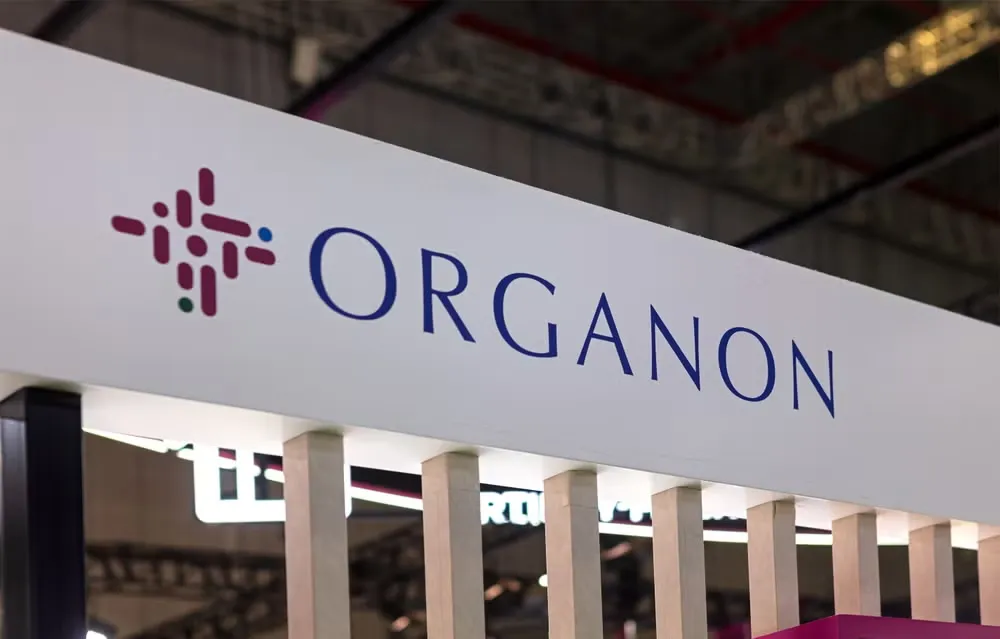
European Commission Grants Approval for Henlius and Organon’s Denosumab Biosimilars BILDYOS® and BILPREVDA®
Shanghai Henlius Biotech, Inc. (2696.HK) and Organon (NYSE: OGN) announced a significant regulatory milestone with the news that the European Commission (EC) has granted marketing authorization for two denosumab biosimilars: BILDYOS® (denosumab) injection 60 mg/mL and BILPREVDA® (denosumab) injection 120 mg/1.7 mL. These medicines are biosimilars to Amgen’s widely used reference biologics PROLIA® and XGEVA®, respectively, and have been authorized for use across all approved indications of the reference products in the European Union.
The approvals represent a key development for patients, healthcare providers, and health systems across Europe, opening new pathways for broader access to bone health therapies in areas such as osteoporosis, cancer-related bone complications, and other conditions linked to bone loss.
Expanding Access to Essential Bone Care Treatments
According to the companies, the authorization by the EC highlights the importance of biosimilars in addressing unmet needs in bone health and reducing the economic burden on healthcare systems. Nico Van Hoecke, Head of International Commercial at Organon, emphasized the potential impact of the approvals on patients, particularly women, who bear a disproportionate burden of osteoporosis:
“The EC approvals of BILDYOS and BILPREVDA mark a pivotal moment in expanding access to essential bone care treatments for millions of Europeans, particularly women, who are disproportionately affected by osteoporosis. These biosimilars may offer additional treatment options across several therapeutic areas associated with bone loss, including osteoporosis, and reflect Organon’s commitment to advancing women’s health through access to important medicines. These approvals, following those in the United States, not only expand the global reach of these biosimilars but also support the sustainability of Europe’s health care systems.”
The statement underscores Organon’s strategic focus on women’s health and chronic disease management, areas where access to affordable treatment options can dramatically improve quality of life and long-term outcomes.
Strengthening a Global Partnershi
The successful approvals also spotlight the growing collaboration between Henlius and Organon. Ping Cao, Chief Business Development Officer and Senior Vice President of Henlius, pointed to the companies’ shared vision and complementary expertise:
“These approvals are a testament to the strong collaboration between Henlius and Organon aimed at meeting the needs of both patients and the health care system in Europe. Through our commitment to scientific excellence and product quality, we’re building on approvals in the United States to bring these biosimilar treatment options to people who need them around the world.”
This partnership builds on a 2022 license and supply agreement in which Henlius granted Organon exclusive global commercialization rights (excluding China) for several biosimilars, including BILDYOS and BILPREVDA. By combining Henlius’s strength in research, development, and manufacturing with Organon’s global commercial infrastructure, the companies have positioned themselves to deliver competitive alternatives in high-demand therapeutic categories.
Approved Indications
The EC’s approval grants BILDYOS and BILPREVDA the same clinical indications as their respective reference products, making them suitable for widespread clinical adoption.
- BILDYOS® (denosumab 60 mg/mL)
- Treatment of osteoporosis in postmenopausal women and men at increased risk of fracture.
- Treatment of bone loss associated with hormone ablation in men with prostate cancer at increased risk of fractures.
- Treatment of bone loss associated with long-term systemic glucocorticoid therapy in adult patients at increased risk of fracture.
- BILPREVDA® (denosumab 120 mg/1.7 mL)
- Prevention of skeletal-related events in adults with advanced malignancies involving bone.
- Treatment of adults and skeletally mature adolescents with giant cell tumor of bone that is unresectable or where surgical resection is likely to result in severe morbidity.
These broad indications reinforce the importance of biosimilars in oncology, endocrinology, and musculoskeletal medicine, as they directly address high-prevalence diseases and conditions with significant impacts on morbidity and healthcare costs.
Rigorous Review and Data Supporting Approval
BILDYOS and BILPREVDA were approved following an in-depth review by the European Medicines Agency (EMA), which assessed a comprehensive data package. This included:
- Structural and functional analytical data demonstrating high similarity to the reference products.
- Clinical pharmacokinetic data confirming comparable absorption, distribution, metabolism, and excretion.
- Comparative clinical study results that showed no clinically meaningful differences in terms of efficacy, safety, and immunogenicity compared to PROLIA and XGEVA.
As with all biosimilars approved in the EU, the regulatory decision was based on a “totality of evidence” approach, ensuring that the products meet stringent requirements for similarity to the originator biologics while maintaining consistent quality and reliability.
The Broader Significance of Biosimilars in Europe
The approvals arrive at a critical time when healthcare systems across Europe are under mounting financial pressures, exacerbated by aging populations and the rising prevalence of chronic diseases. Biologic therapies, though highly effective, often come with significant costs. Biosimilars like BILDYOS and BILPREVDA play an essential role in offering cost-effective alternatives that can free up resources for other healthcare priorities.
For patients, biosimilars mean improved access to treatment options that might otherwise be limited by affordability. For healthcare providers, they provide confidence in prescribing biologic therapies backed by stringent European regulatory standards. And for governments, they represent an opportunity to contain costs without compromising care quality.
Strategic Importance for Henlius and Organon
For Henlius, the EC approvals mark another major achievement in the company’s strategy to expand globally. Building on its expertise in monoclonal antibody development and manufacturing, Henlius has steadily advanced its pipeline of biosimilars and innovative biologics, with denosumab biosimilars being a critical part of its international expansion.

For Organon, the approvals align directly with its mission to focus on women’s health and underserved medical needs. Since its spin-off from Merck in 2021, Organon has sought to broaden its portfolio with both innovative and biosimilar products. The addition of BILDYOS and BILPREVDA strengthens Organon’s position as a key player in women’s health and chronic disease care, while also enhancing its global revenue base.
With the European approvals secured, Henlius and Organon will now turn their focus to launch execution and market penetration across EU member states. The companies are expected to leverage Organon’s established commercial infrastructure in Europe to ensure rapid availability of the biosimilars.
The approvals also add momentum to the companies’ ongoing global rollout of denosumab biosimilars, following earlier successes in the United States. As more countries seek to integrate biosimilars into their healthcare systems, Henlius and Organon appear well-positioned to capture significant market share in a therapeutic area with growing demand.
The European Commission’s approval of BILDYOS® and BILPREVDA® is a landmark moment for both Henlius and Organon, but more importantly, it represents a step forward for patients and healthcare systems across Europe. These biosimilars to PROLIA® and XGEVA® not only broaden treatment choices in osteoporosis and oncology but also exemplify how collaborative partnerships can expand global access to life-changing therapies.
By offering high-quality, clinically validated alternatives to costly biologics, BILDYOS and BILPREVDA are set to play a central role in improving affordability, enhancing patient access, and sustaining healthcare systems in Europe and beyond.





